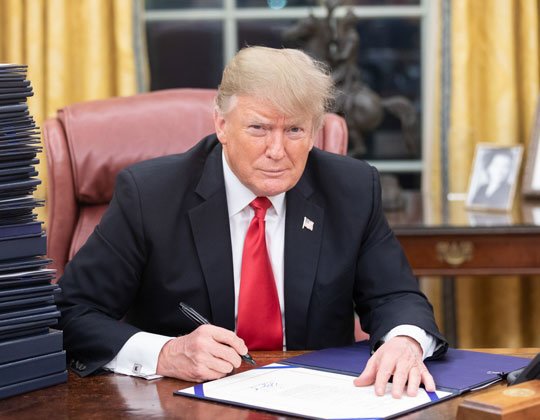
In 2009, the program for the first-ever cryptocurrency, Bitcoin, became available to the public. Since then, new cryptocurrencies such as Dogecoin and Ethereum have emerged, but Bitcoin remains the most valuable and popular. Cryptocurrency is a digital asset, with the majority of cryptocurrencies centralized and secured by blockchain technology. As stated by Investopedia, blockchain technology is “a distributed ledger enforced by a disparate network of computers” and is constantly updating to keep up with transactions. Unlike national currencies, crypto is an investment, which is why cryptocurrencies will affect different countries in different ways.
Cryptocurrency, specifically Bitcoin, will continue to have different impacts on countries based on their population size, gross domestic product and national currency. For countries that have a less stable economy, accepting crypto as legal tender could have positive impacts. Crypto is an extremely volatile investment, which, according to Bitcoin, “refers to the rate at which the price of an asset increases or decreases for a set of returns.” In other words, when a currency is volatile, its value can drastically increase and decrease within a short period of time. For many countries, the volatility of crypto makes it a risky investment, but for others, despite its possible unreliability, crypto can still serve as an improvement to a nation’s current economic status. For countries that already have a volatile national currency, crypto could have a stabilizing effect if the change in the value of crypto is less than the change in the value of the national currency.
In 2021, El Salvador became the first country to accept Bitcoin as legal tender. Yale School of Management newspaper Yale Insights describes how El Salvador hoped that Bitcoin would “promote financial inclusion and job creation and facilitate remittances” to stabilize the national economy. Additionally, according to the National Bureau of Economic Research, “In theory, developing nations like El Salvador are ideal candidates for cryptocurrency adoption.” Since most of El Salvador’s population exclusively uses cash, Bitcoin could create an accessible online banking platform, making it even more appealing.
While some countries like El Salvador have adopted this form of online currency, others such as the U.S. view crypto as a potential threat to their government. Cryptocurrency is decentralized because, unlike traditional financial systems, no single entity controls the network. Due to this nature, cryptocurrencies bypass the government’s regulations and institutions such as the Treasury or Securities and Exchange Commission. According to James Whinley, “Bitcoin may enable the citizens of a country to undermine government authority by circumventing capital controls imposed by it.” For example, governments have the ability to restrict how much money citizens take out of the country to keep their currency stable. However, as Bitcoin is not tied to any country, it can easily be used as a way around these regulations. Since network participants control the currency’s supply and flow rather than the government, crypto poses a threat to the nation’s existing financial stability.
Additionally, the value of crypto constantly fluctuates. As such, the U.S. government fears that the significant and rapid price changes could cause large-scale crashes and further unpredictability in the economy of the nation. Also, the fact that cryptocurrencies are anonymous makes them appealing to criminals whose illegal involvements, such as money laundering and tax evasion, are challenging to trace back to their sources. The main concern is that these untraceable transactions make it harder for the U.S. government to track criminal behavior and maintain the safety of online networks. A blockchain analysis group called Chainalysis found that “ransomware, darknet activities, and sanctioned entity transactions were the most significant illicit activities.” Since crypto has only been in use since 2009, regulations are still progressing for this ever-developing online currency. One example of this is the Federal Reserve, which monitors cryptocurrencies held by banks in the U.S. However, according to the Federal Reserve, the U.S. government is still unsure whether it should implement a Central Bank Digital Currency in the coming years to improve the safety of US domestic payment systems. The reliability of cryptocurrencies has been widely disputed between countries across the globe, and as Trump takes the presidency, it is uncertain how the government will continue to regulate or expand this online currency.







































